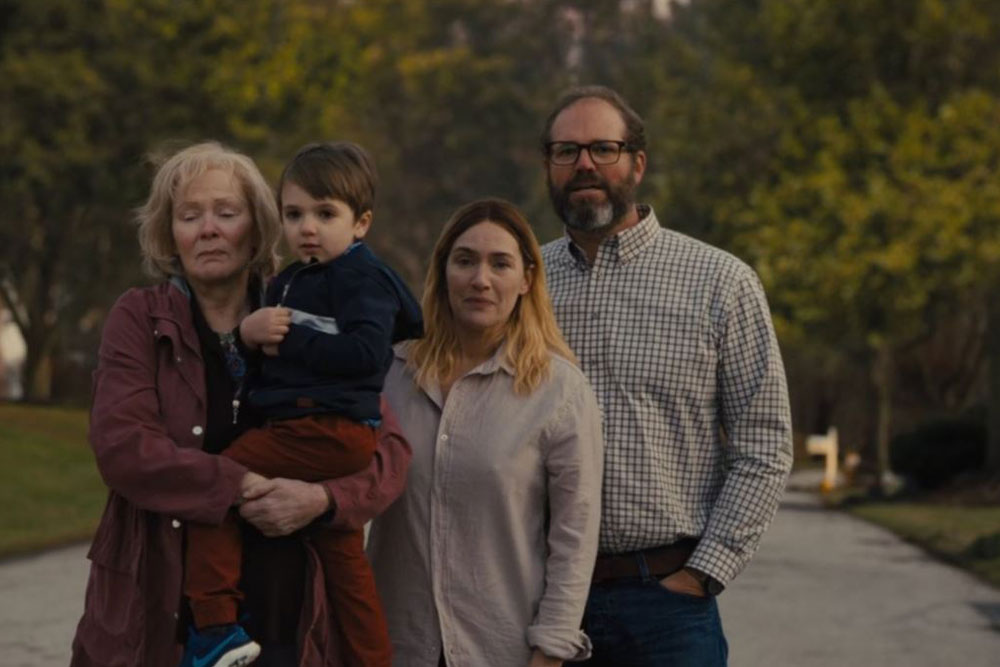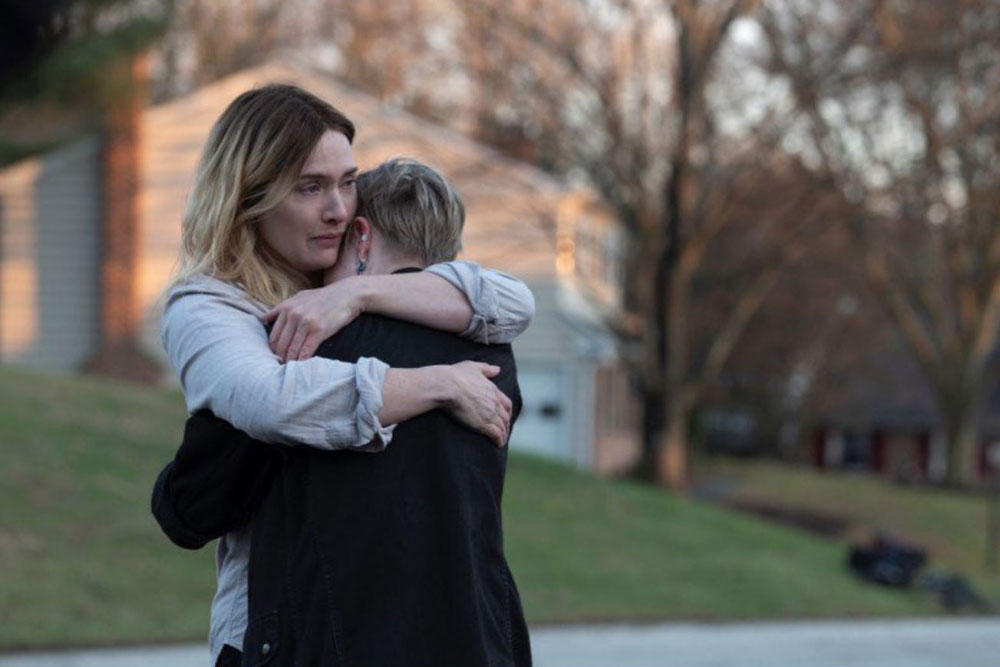*This article contains spoilers
If you’re looking for a one-word gist for the brilliant watch that was Mare of Easttown, it’s ‘real’. The story of Marianne ‘Mare’ Sheehan, brought to life by the incomparable Kate Winslet, is based in a small-town called Easttown, a little ways away from Philadelphia. But the relationships it traces, the guilt, shame, and trauma it explores, and the way it shows how women silently but surely lean on each other through the toughest of times, could put the story anywhere in the world.
You might turn to the show because it has been discussed and hyped up a lot since it first aired on HBO and became available to people in India through Disney+ Hotstar, but you’ll stick through the seven, hour-long episodes because the story is bound to strike a chord.
Representing women, as they are
The fact is, we’ve seen shows where a female detective is trying to solve a gruesome murder, rape or kidnapping within a space she proudly calls her own, a space where she knows everyone and everyone knows her. Olivia Coleman did it in Broadchurch. Closer home, Shefali Shah did it in Delhi Crime. What sets Mare apart is the attention to detail that every female character gets, not just the lead. It’s not just Mare whose no-makeup look, natural belly bulge, flat and sturdy shoes, baggy but practical clothes, and jaded yet sympathetic outlook that hits home. Sure, she has the no-nonsense mom approach that most women would identify with, even if we don’t get to sit across a perp and use that approach to interrogate them.

But take a closer look at the other women on the show, and you’ll understand that this one is truly representative because it presents the wide spectrum of identities that women have. Lori, played by Julianne Nicholson, is rock solid and always by Mare’s side, but not as a mere sidekick. She’s a mother who will go to any extent to protect her child, even from jail, even at the cost of her relationship with Mare. Mare’s mom, Helen (played to perfection by Jean Smart), not only highlights the vulnerability of an older woman coming to terms with the fact that she is dependent on her daughter, but also lives up to the potential matriarchs and grandmothers have in such a setup. The fact that she manages to hit a nerve every time she interacts with her daughter shows just how strained a mother-daughter relationship can be.
You could say that Mare’s relationship with Siobhan also reflects the same obstacles in a mother-daughter relationship, but Angourie Rice’s Siobhan has as many layers to her identity as any other woman on the show. She shares the grief of losing her brother with her mother, knows her mother is a local hero, but doesn’t shy away from ripping her apart when needed. A queer woman in a small town, Siobhan also manages to navigate the world of love and rejection despite all the tragedies around. Then there’s the rage and helplessness Dawn Bailey, a cancer survivor whose daughter went missing, portrays; the scepticism and grief presented by Judy Zabel, the mother of Mare’s partner who dies while confronting a criminal; the anguish and conflict Jess Riley, the best friend of the murder victim Erin, feels constantly; the oscillating portrayal of Brianna as both a bully and a victim of lies. You get to experience a full range of backgrounds, emotions and storylines through the many women of Mare of Easttown.
Grief, shame and everlasting trauma
The other thing you get plenty of is a peek into the mental health of all the residents of Easttown, men and women. Small towns come with their own share of secrets, some shameful, some simply criminal. All of these lead to a separate kind of trauma. The show explores many of these secrets and their fallouts on not just the integrity of families and the community, but the individual health of each character.

For the Sheehans, the trauma is inherited and showcased through each female character. Helen’s relationship with Mare’s father was tumultuous enough to leave a scar on their mother-daughter relationship. In a scene, Mare explores the idea that her father had been depressed, and maybe it has been passed down to her as well. The unresolved grief of losing her son, Kevin, and caring for his son despite it, plays heavy on Mare throughout the series. The trauma of discovering her brother’s body and unresolved questions about why he took his own life trouble Siobhan every day, and affect her own relationship with Mare.
Even beyond this family at the core of the show, you get a fair share of shared trauma experienced by the others. The fallout of an incestuous relationship takes a toll on everybody in Lori’s family, including her husband, father-in-law, brother-in-law and son—not to mention the sheer weight of the shame and fear Lori herself exhibits in the last two episodes. Addiction—another problem highlighted by the show—and its immense burden on those in recovery is explored through the travails of Carrie Layden, Mare’s daughter-in-law. The moment she falls asleep due to exhaustion while her son is almost close to drowning in the tub would have any woman shook, as it does to Carrie, jolting her into realising that she’s not prepared to care for her son despite wanting to.
What the show highlights superbly is the trauma women caregivers, both willing and unwilling, endure and suppress throughout their lifetimes. The fact that the men in the show pass off this burden, or rarely ever face the consequences of their criminal breaches into what could be an ideal, tranquil family life, is equally well represented. Sure, they live with some amount of guilt, grief, shame, and trauma, but it’s minimal compared to that of the women who are burdened with making life appear “normal”, despite all sorts of transgressions.
And that’s how Mare of Easttown manages to appeal to every woman out there, especially after all that we’ve endured during the pandemic, when our lives became more centred on the home than ever before. The show tears apart the curtain of normalcy most women caregivers try to maintain, removes all the filters we present to the world to maintain this façade, and screams loudly that it’s okay if you fall apart under the weight of life’s burdens. You’re human, after all.